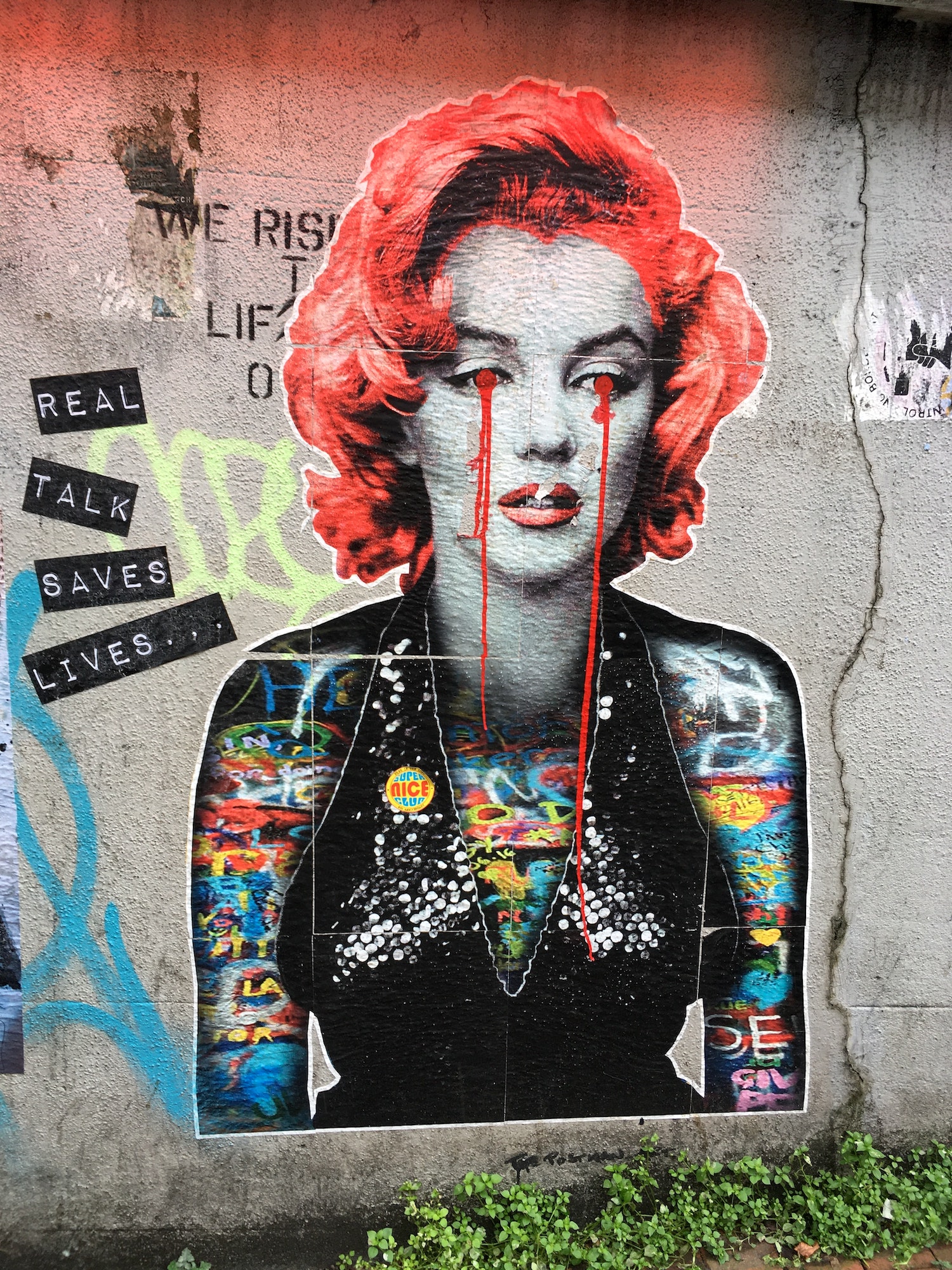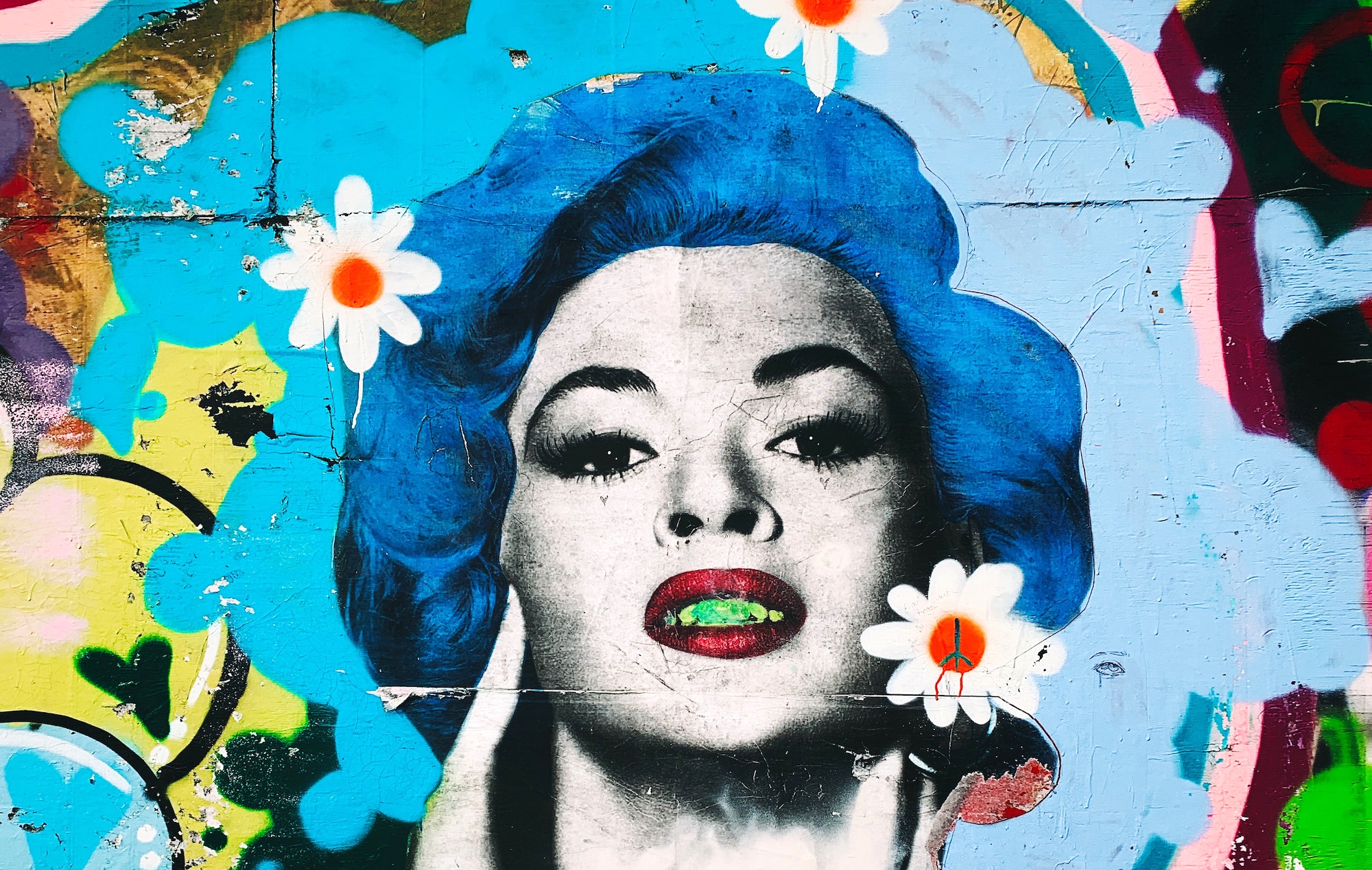Celebrity endorsers have long been used by advertising companies for commercials on TV and print, with much success. Radio, movie, and TV personality Rod Navarro had a beer commercial, as did Bert “Tawa” Marcelo. A glamorous Gloria Romero shot a black and white Coke commercial, and Tirso Cruz III and Nora Aunor—Guy and Pip to enduring fans—once hawked a transistor radio brand.
It’s interesting to note that one of the most popular child endorsers of his time, Niño Muhlach, is back to doing commercials, this time with son Alonzo, who is about the same age as the child wonder was when he first appeared in ads for products such as Sarsi.
The father and son tandem appears in a series of funny commercials for McDonald’s McChicken, clucking their way into audiences’ hearts. But though the aims and the impact are the same, there are several differences in the new ads from the commercials that Muhlach used to make back in the ’70s. Aside from the ads coming out in full color, the TVCs can also be viewed—and shared—online, and they now come with a hashtag #LikePapa.
Star power
Adi Timbol-Hernandez, McDonald’s Philippines’ PR and communications manager, says that they also tapped other celebrities for their roster of endorsers. “Locally, our current local endorsers include Enrique Gil, Xian Lim, Matteo Guidicelli, Luis Manzano, Toni and Alex Gonzaga, Solenn Heussaff, and Lovi Poe.”
“We think celebrity endorsers are effective for us because of our [Filipino] fascination with celebrities and their ability to cultivate relationships with Filipino audiences from all walks of life,” says Adi Timbol-Hernandez, McDonald’s Philippines’ PR and communications manager.
Given how big the showbiz industry is in the country, she shares how they choose their brand representatives. “First and foremost, our celebrity endorsers should embody McDonald’s fun brand personality. There are also other factors that we consider when matching an endorser with a specific product or promo. This includes the endorsers’ personality, product or service profile to be endorsed, and of course, whom we want to talk to. We need to make sure that they all fit together and would help bring across what we at McDonald’s want to communicate.”
Notice however that they currently have no endorsers overseas, except probably for Ronald McDonald himself. “We think celebrity endorsers are effective for us because of our [Filipino] fascination with celebrities and their ability to cultivate relationships with Filipino audiences from all walks of life. The impact and influence that these endorsers have over Filipinos greatly helps when a brand wants to send or amplify a message.”

Timbol-Hernandez adds that McDonald’s aims to cut across all market and socioeconomic demographics. “We make an effort to be inclusive of everyone regardless of age, gender, race, or social class.” Of the results, she shares, “Our endorsers have remained effective as a way to promote or generate awareness on our products, promos, and services.”
Online awareness
Other brands have also tapped into this market and launched their own campaigns featuring faces that are easily recognizable across different segments: Jollibee has Sarah Geronimo and the love team of James Reid and Nadine Lustre. Greenwich once formed its own “barkada” for its group meals, of whom one of its members was John Lloyd Cruz. As far as a casting coup is concerned, Nobu Hotel at the City of Dreams recently blew minds with its ads involving no less than Martin Scorcese, Robert de Niro, and Leonardo de Caprio.
Local can also be world-class: Pizza Hut posted on social media a photo of Manny Pacquiao enjoying a slice (or two) before a PBA basketball game. Since posting that photo on the Pambansang Kamao’s wall, it has garnered 178,876 likes and reposted 1,080 times.
The new media avenues have opened the floodgates toward a new marketing strategy and introduced the concept of online ambassadors. These are celebrities who support brands via social media, reaching out to a target audience of 47 million Filipinos who spend an average of five hours a day on their handheld gadgets and an average of 2.8 hours online (figures according to Rajan Anandan, vice president and managing director of Google Southeast Asia and India).
“Business owners have to think of their customers first. Would bringing in an endorser add credibility and strengthen the brand’s relationship with its audience?”
Fans following celebrities no longer have to wait for a TVC of their idols to come out; all they need to do is scroll, point, and double tap. There are cases when the celebrity simply wants to show some love for a favored brand, but there can also often be remuneration involved.
Is it for you?
There are brands in which celebrity endorsers will “click” and there are also brands in which they will not work. Timbol-Hernandez says, “Business owners have to think of their customers first. Would bringing in an endorser add credibility and strengthen the brand’s relationship with its audience? If yes, then having an endorser can be a good move. The next step would be to evaluate a potential endorser: Is he or she someone our target audience can relate to? Is he or she credible to endorse or deliver the message that we want to convey?”
The entrepreneur must also keep in mind that at the end of the day, no matter how strong the star power is, customer satisfaction for food products and services will be what matters most.





